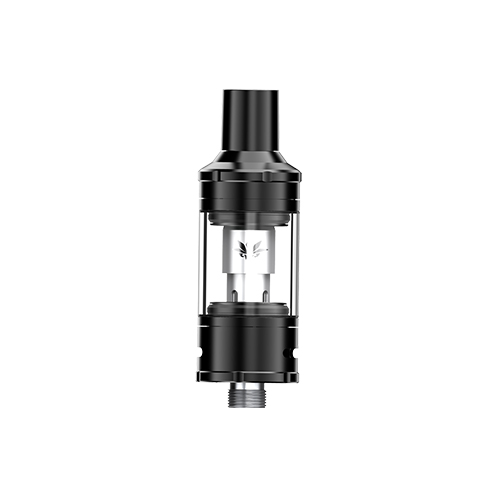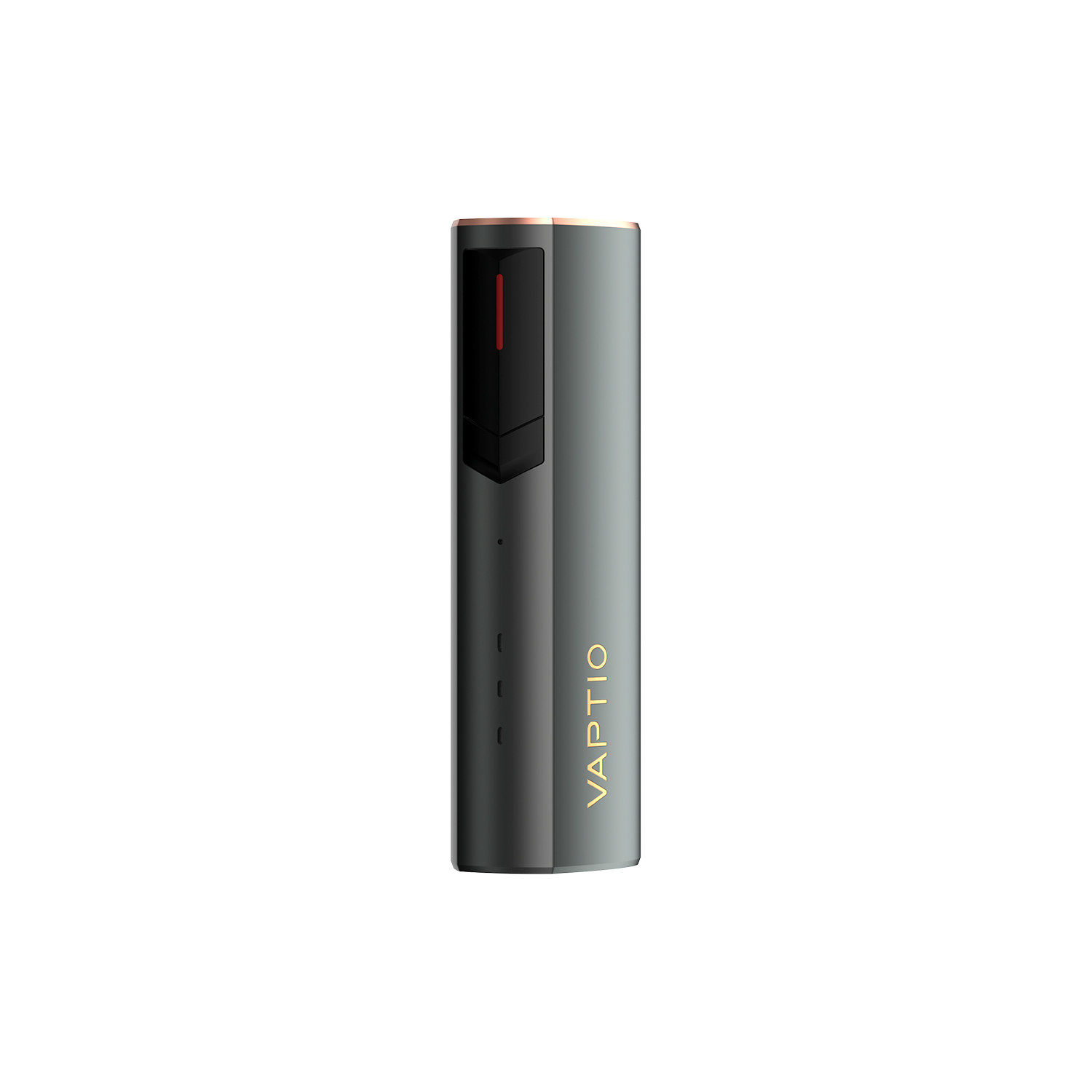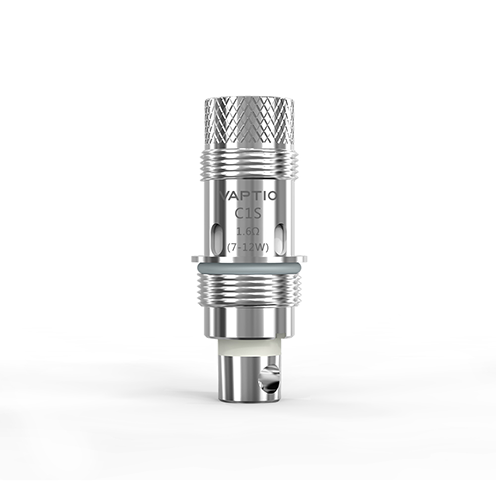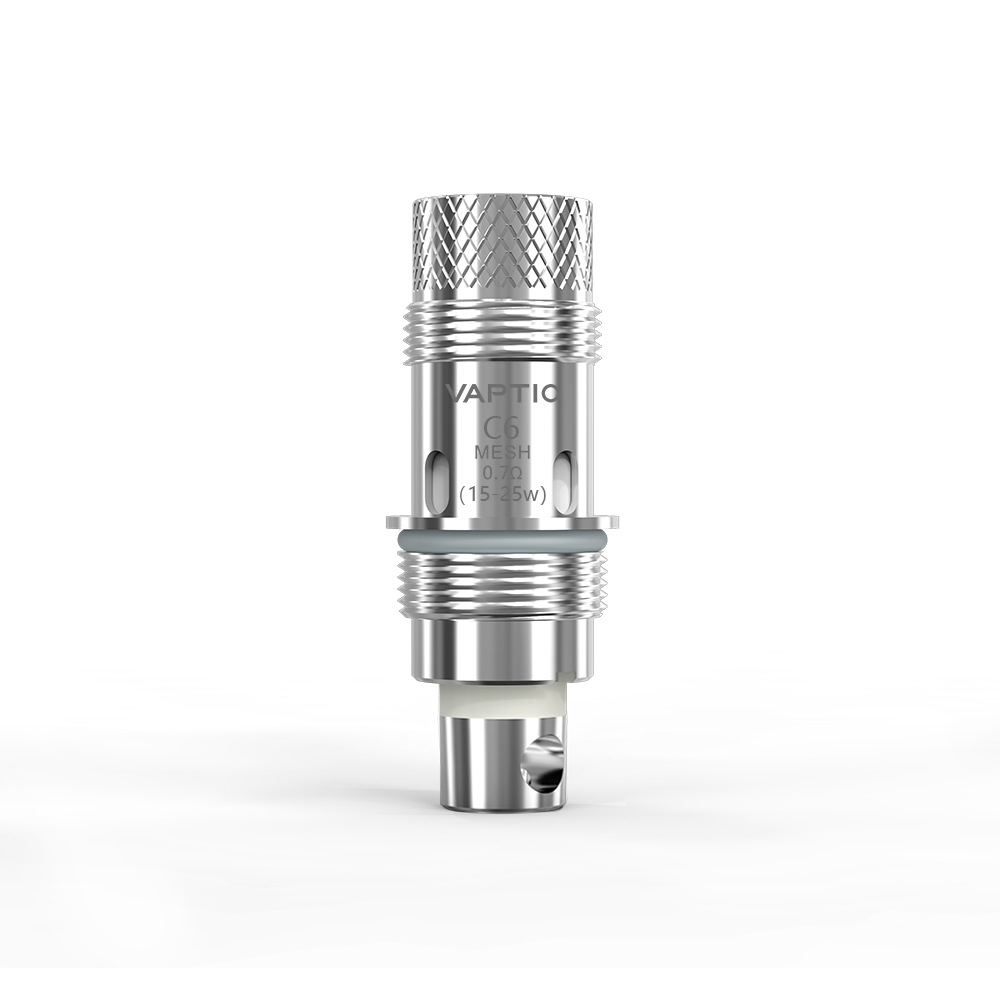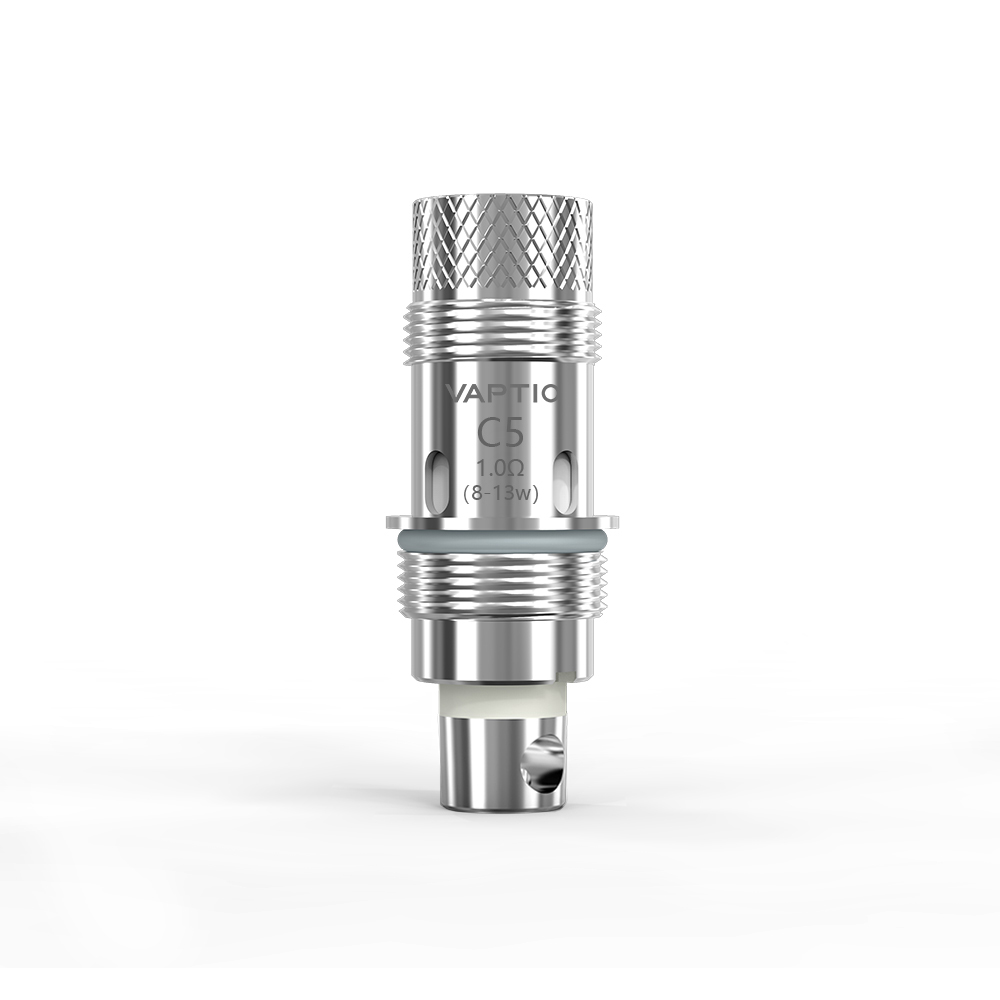The UKECRF [link] provides monthly updates aiming giving an overview of new vape. They are aimed at researchers, policy makers, health professionals and anyone else with an interest in tobacco harm reduction. The authors point out that the studies they present are but a snapshot of all the papers published over the last month.
Effect of Pod e-Cigarettes vs Cigarettes on Carcinogen Exposure Among African American and Latinx Smokers: A Randomized Clinical Trial [link]
American researchers looked at the harm reduction potential of vaping vs combustible cigarettes. They concluded that ecigs “may be an inclusive harm reduction strategy for African American and Latinx smokers”.
Moreover, smokers who completely switched to vaping Juul pods experienced greater reductions in blood pressure and improved lung function compared to dual users.
UKECRF pointed out that as the research subjects, “received a financial reward for attending follow-ups. Therefore, the outcomes may not be generalisable to a real-life situation,” and, “the sample consisted mainly of ‘light smokers’, whose average cigarette consumption was lower than the general population. Therefore, the results may not be generalisable to heavier smokers.”
Socio-economic distribution of e-cigarette use among recent former regular smokers and current smokers at ages 25-26 in England [link]
University College London’s Thierry Gagné and Jamie Brown considered how vaping can potentially help young adult smokers to quit smoking from a socio-economic perspective. They concluded: “Among young adult smokers in England, lower-status occupational groups were more likely to use e-cigarettes on a non-daily basis than to have never used compared with higher status occupational groups. Compared with people in full-time employment, those without employment were less likely to use e-cigarettes daily than to have never used.”
UKECRF commented: “Since data collection in 2015-2016, the tobacco products directive (TPD) has been implemented, new e-cigarette devices have become available, and other tobacco control efforts have been introduced. Therefore, the results may not be reflective of the current environment.”
Nicotine delivery and user reactions to Juul EU (20 mg/ml) compared with Juul US (59 mg/ml), cigarettes and other e-cigarette products [link]
The team’s objective was to “compare the pharmacokinetic profile and user ratings of Juul EU, Juul US, cigarettes and other e-cigarette products.” The Queen Mary University quintet included Peter Hajek – the man behind the ground-breaking gold standard efficacy study showing vaping is twice as good as NRT.
The findings raised the issue of the 20mg/ml limit currently in place in the UK, concluding: “Juul EU delivers much less nicotine to users than Juul US. It may thus have more limited potential to help smokers quit.”
UKECRF believes longer term follow-up studies are required to determine if the effects are sustained over time or in participants who solely use e-cigarettes. It also contended that as the work only focussed on tobacco flavour products, other flavours may have changed the outcome or had an impact on the participants rating section.
The full roundup for January can be found here.
Other studies:
Patterns of use
- A Retrospective Cross-Sectional Study on the Prevalence of E-cigarette Use Among College Students.
- Prevalence of Vaping and Behavioral Associations of Vaping Among a Community of College Students in the United States.
- Association between e-cigarette use initiated after cigarette smoking and smoking abstinence: a cross-sectional study among adolescent established smokers in the USA.
- Nicotine Dependence and Stress Susceptibility in E-cigarette smokers: The Korea National Health and Nutrition Examination Survey 2013-2017.
- Electronic Smoking Behavior Among Adult Males in Jordan.
- Hispanics/Latinos' Cigarette and E-cigarette Use: Behavioral and Self-rated Health.
- ENDS Flavor Preference by Menthol Cigarette Smoking Status among US Adults, 2018-2019.
- Response to Flavored Cartridge/Pod-Based Product Ban among Adult JUUL Users: "You Get Nicotine However You Can Get It".
- A qualitative study of e-cigarette use among young people in Ireland: Incentives, disincentives, and putative cessation.
- Preliminary impact of the COVID-19 pandemic on smoking and vaping in college students.
- E-cigarette use among Asian Americans: a systematic review.
- E-cigarette use and beliefs among adult smokers with substance use disorders.
- Are E-cigarette Users a Unique Group of Smokers? Latent Class Analysis of the National Youth Tobacco Survey.
- Reasons why Chinese smokers prefer not to use electronic cigarettes.
- E-cigarette Use and Risk Behaviors among Lesbian, Gay, Bisexual, and Transgender Adults: The Behavioral Risk Factor Surveillance System (BRFSS) Survey.
- Electronic cigarette use patterns and chronic health conditions among people experiencing homelessness in MN: a statewide survey.
- Prevalence and risk factors of e-cigarette use among working-age adults with and without disabilities in 2017-2018.
- How widespread is electronic cigarette use in outdoor settings? A field check from the TackSHS project in 11 European countries.
- Assessment of Nicotine and Cannabis Vaping and Respiratory Symptoms in Young Adults.
- E-cigarette use among adults in China: findings from repeated cross-sectional surveys in 2015-16 and 2018-19.
- Vapers exhibit similar subjective nicotine dependence but lower nicotine reinforcing value compared to smokers.
- Why do people start or stop using e-cigarettes in Australia? A qualitative interview-based study. Understanding pathways to e-cigarette use across sexual identity: A multi-group structural equation model.
- Differences in JUUL Appeal Among Past and Current Youth JUUL Users.
- Consumer Preferences for E-cigarette Flavor, Nicotine Strength, and Type: Evidence from Nielsen Scanner Data.
- Mental Health and the Association between Asthma and E-cigarette Use among Young Adults in The United States: A Mediation Analysis.
- Prevalence and correlates of lifetime e-cigarette use among adolescents attending public schools in a low income community in the US.
- A randomised controlled single-centre open-label pharmacokinetic study to examine various approaches of nicotine delivery using electronic cigarettes.
- Socio-economic distribution of e-cigarette use among recent former regular smokers and current smokers at ages 25-26 in England.
- Associations between e-cigarette pack size and vaping frequency among U.S. adults.
- The Relationship of E-Cigarette Use to Tobacco Use Outcomes Among Young Adults Who Smoke and Use Alcohol
- Changes from 2017 to 2018 in e-cigarette use and in ever marijuana use with e-cigarettes among US adolescents: analysis of the National Youth Tobacco Survey.
- Electronic cigarettes, nicotine use trends and use initiation ages among US adolescents from 1999 to 2018.
Perception
- Adolescent perceptions of E-cigarette use and vaping behavior before and after the EVALI outbreak.
- Descriptive and Injunctive Norms Related to E-Cigarettes.
- Electronic Cigarette Users' Perspective on the COVID-19 Pandemic: Observational Study Using Twitter Data.
- Effect of Exposure to e-Cigarettes With Salt vs Free-Base Nicotine on the Appeal and Sensory Experience of Vaping: A Randomized Clinical Trial.
- #FlavorsSaveLives: An analysis of Twitter posts opposing flavored e-cigarette bans.
- Changes in Family Physicians' Perceptions of Electronic Cigarettes in Tobacco Use Counseling Between 2016 and 2019.
- Perceptions of electronic cigarettes among ethno-culturally diverse Latino adults in four US urban centers.
- Disparities of perceived wellness by smoking and professional status among young individuals in Brasov, Brasov County, Romania.
- Electronic cigarettes as a smoking cessation aid for patients with cancer: beliefs and behaviours of clinicians in the UK.
- Gestational Women's Perceptions About the Harms of Cigarette and E-Cigarette Use During Pregnancy.
- Young Adult JUUL Users' Beliefs About JUUL.
- Social Media Message Designs to Educate Adolescents About E-Cigarettes.
Cessation
- A Qualitative Study of Factors Influencing Adherence among Pregnant Women Taking Part in a Trial of E-Cigarettes for Smoking Cessation.
- Real-world vaping experiences and smoking cessation among cigarette smoking adults.
- E-cigarette use in prisons with recently established smokefree policies: a qualitative interview study with people in custody in Scotland.
- JUUL E-Cigarette Quit Attempts and Cessation Perceptions in College Student JUUL ECigarette Users.
- E-Cigarette Use and Adult Cigarette Smoking Cessation: A Meta-Analysis.
- Efficacy of Electronic Cigarettes for Smoking Cessation: A Systematic Review and Meta-Analysis. Adults' E-Cigarette Flavor Use and Cigarette Quit Attempts: Population Assessment of Tobacco and Health Study Findings.
- Nicotine replacement treatment, e-cigarettes and an online behavioural intervention to reduce relapse in recent ex-smokers: a multinational four-arm RCT.
- Use of Electronic Cigarettes to Aid Long-Term Smoking Cessation in the United States: Prospective Evidence From the PATH Cohort Study.
- What Motivates Smokers to Switch to ENDS? A Qualitative Study of Perceptions and Use.
- Effect of Pod e-Cigarettes vs Cigarettes on Carcinogen Exposure Among African American and Latinx
- Smokers: A Randomized Clinical Trial
- Young adults' intention to quit using JUUL.
- The association between frequency of e-cigarette use and long-term smoking cessation outcomes among treatment-seeking smokers receiving a behavioral intervention.
- Association between income and education with quit attempts, use of cessation aids, and short-term success in tobacco smokers: A social gradient analysis from a population-based cross-sectional household survey in Germany (DEBRA study).
Youth
- Adolescents and young adults have difficulty understanding nicotine concentration labels on vaping products presented as mg/ml and percent nicotine.
- Do Parents Still Matter? The Impact of Parents and Peers on Adolescent Electronic Cigarette Use.
- Trends in Electronic Cigarette Use and Conventional Smoking: Quantifying a Possible "Diversion" Effect among U.S. Adolescents.
- Association between age at first reported e-cigarette use and subsequent regular e-cigarette, ever cigarette and regular cigarette use.
- Trends in various e-cigarette devices used by high school adolescents from 2017-2019.
- Predictors of electronic cigarette use among Swedish teenagers: a population-based cohort study. Association between observing peers vaping on campus and E-cigarette use and susceptibility in middle and high school students.
- Association of electronic cigarette use with self-reported difficulty concentrating, remembering, or making decisions in US youth.
- Youth Observation of E-Cigarette Use in or Around School, 2019.
- Young adults' vaping, readiness to quit, and recent quit attempts: The role of co-use with cigarettes and marijuana.
- High school students' use of JUUL pod flavors before and after JUUL implemented voluntary sales restrictions on certain flavors in 2018.
- Electronic cigarette use and risk of cigarette and smokeless tobacco initiation among adolescent boys: A propensity score matched analysis.
- Underage Youth and Young Adult e-Cigarette Use and Access Before and During the Coronavirus Disease 2019 Pandemic.
- Effects of e-cigarette use on cigarette smoking among U.S. youth, 2004-2018.
- Estimating the price elasticity of demand for JUUL E-cigarettes among teens.
- Experimenting first with e-cigarettes versus first with cigarettes and transition to daily cigarette use among adolescents: the crucial effect of age at first experiment.
- School-based e-cigarette education in Alabama: Impact on knowledge of e-cigarettes, perceptions and intent to try.
Harms and harm reduction
- An Unrecognized Hazard in E-Cigarette Vapor: Preliminary Quantification of Methylglyoxal Formation from Propylene Glycol in E-Cigarettes.
- Cigarette Smoke and Nicotine-Containing Electronic-Cigarette Vapor Downregulate Lung WWOX Expression, Which Is Associated with Increased Severity of Murine Acute Respiratory Distress Syndrome.
- Electronic-Cigarette Use Alters Nasal Mucosal Immune Response to Live-attenuated Influenza Virus.
- A Clinical Trial.
- Electronic Cigarettes Induce Mitochondrial DNA Damage and Trigger TLR 9 (Toll-Like Receptor 9)Mediated Atherosclerosis.
- Expression of Key Inflammatory Proteins Is Increased in Immune Cells From
- Tobacco Cigarette Smokers But Not Electronic Cigarette Vapers: Implications for Atherosclerosis.
- Association between E-cigarette use and chronic obstructive pulmonary disease in non-asthmatic adults in the USA.
- Changes in mucin production in human airway epithelial cells after exposure to ecigarette vapor with or without nicotine.
- A Longitudinal Study of Exposure to Tobacco-Related Toxicants and Subsequent Respiratory







